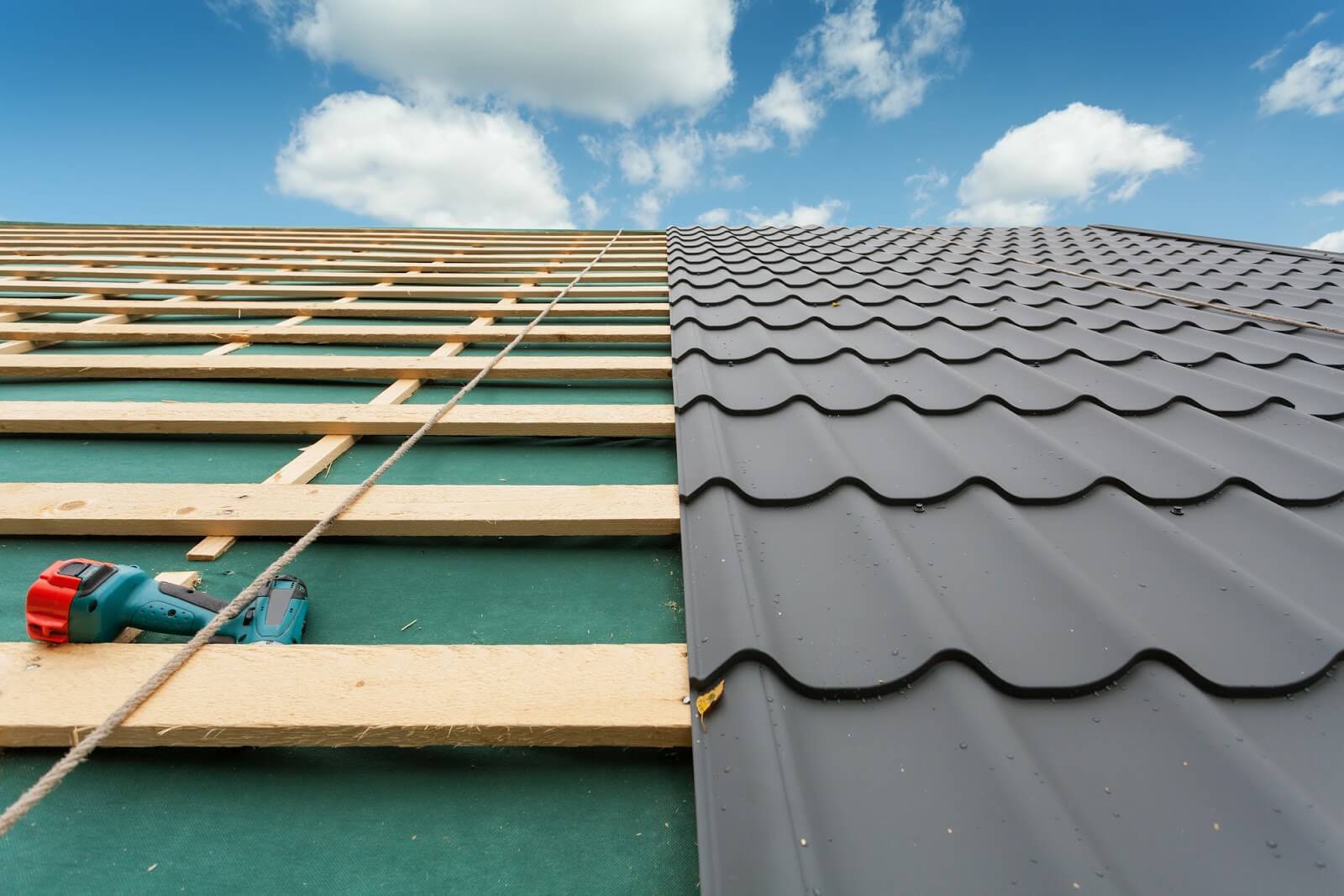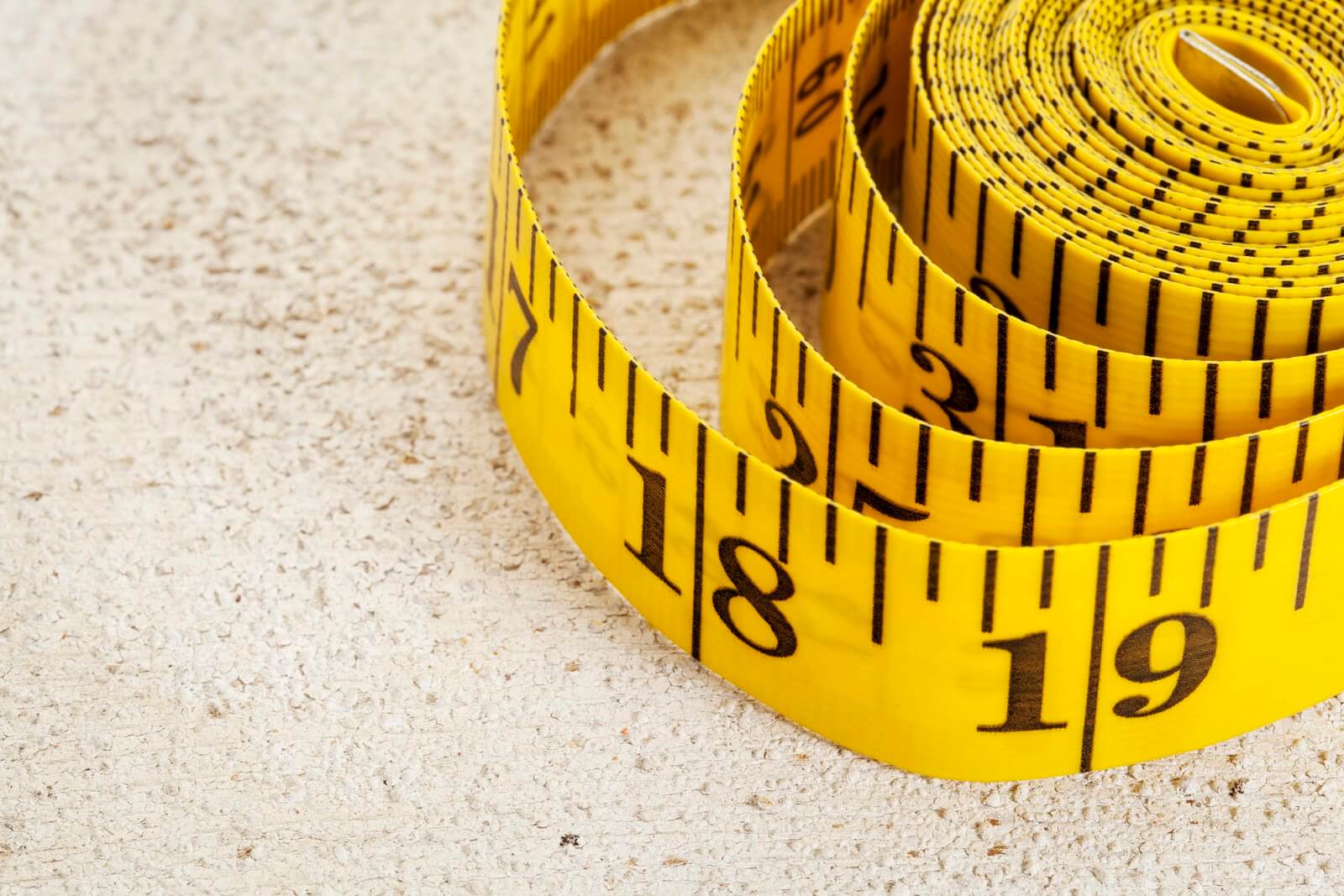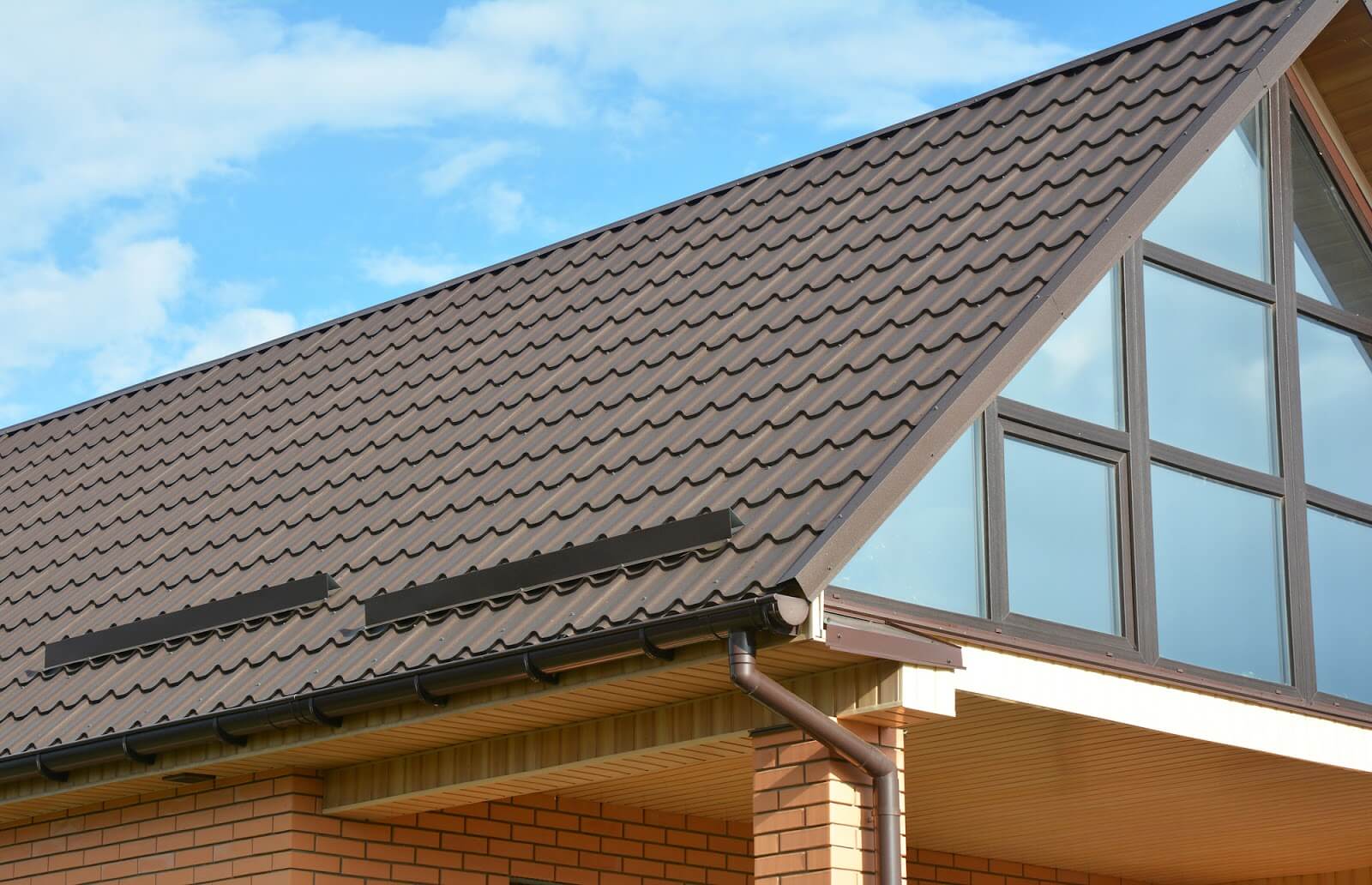Request Quote
Home | Our Blog | Metal Roofing Gauge and Thickness - What You Need to Know
Reviewed by Tomas Kalkys. President.
Qualifications: More than 20 years of experience in residential and commercial exterior remodeling.
Founding farther of Legacy Service.
Written by LegacyUSA Team
posted on Mar 23, 2020
Get Estimates From Roofing Pros

If you’ve decided to install or replace your metal roofing, then you’ll need to know about gauge, which refers to the thickness of a panel. There are plenty of roofing panel types to choose from, and they’re all available in a variety of thicknesses.
At Legacy Service, we’re the company to call whether you need residential metal roofing installation, vinyl siding replacement. We’re one of the leading metal roofing companies throughout the local areas, and we’ll help you select the gauge as well as the material, style, and color that’s best for your roof. To learn more about metal roofing installation and replacement, contact us today at 215-798-9790 or visit https://legacyusa.com/contact/.
Not a real zip code.
Manufacturers in the United States use ‘gauge’ to express the thickness of metal roof panels. 22-gauge is the thickest while 29-gauge is the thinnest.
It’s important for you, as a homeowner, to know about the gauge/thickness of a metal roof, so you can select the best one for yourself. If you call Legacy Service, you’ll also have an expert opinion to help guide you through the process. Your options include 22, 24, 26, and 29. Continue reading to learn more about the pros, cons, and average prices of each.

When it comes to metal roofing gauges, thicker typically means that the cost will be higher. Some people may believe that thicker is always better, but whether it needs that added strength actually depends on the type of building construction as well as its location.
Pros:
Homeowners choose 22 for metal roofing because:
Cons:
Price:
Since it’s the thickest type, 22 tends to be the most expensive.
Pros:
People choose 24 because:
Cons:
Price:
It’s another expensive option due to its thickness in inches.
Pros:
Property owners choose 26 because:
Cons:
Price:
It’s not as heavy as 22 and 24, so it tends to cost less, but it’s also more expensive than 29.
Pros:
Homeowners choose 29 because:
Cons:
Price:
It tends to be the least expensive option in regards to metal roofing thickness.
Not a real zip code.
If you’re wondering how thick or what the differences between gauge numbers are in terms of inches, check out the gauge conversion chart below:
| Gauge Number | Inches |
| 22 | .0299 |
| 24 | .0239 |
| 26 | .0179 |
| 29 | .0149 |
Although thicker panels are stronger, the importance of this extra strength is not always necessary. It depends on the type of building construction, the location of the building, and the customer’s priorities.
You should choose thicker panels if you have a post-frame building or a pole barn, which is an open-framed structure that’s used for barns, warehouses, and garages. In many cases, post frames lack structural sheathing, so the roof panels will need to span between the supporting purlins or trusses. Lighter-gauge panels, like 22-, 24-, and 26-gauge sheeting, will remain more structurally sound for years to come.
Most homes have a layer of plywood or sheathing covered by a weather-resistant barrier. Metal panels are attached to the sheathing to keep it dry. Since they don’t have a structural role, a 29-gauge panel would be more than adequate for most homes. So, if you live in an area that doesn’t often face harsh weather conditions, our recommendation is to choose a thinner type of panel. However, if you live in an area that experiences hailstorms throughout the year, you might be better off with a thicker panel to prevent dents.

Metal roofing gauges can be a complicated topic, so we get asked tons of questions by people who are considering metal roofs for their homes. The questions below are some of the ones that are most frequently asked by customers. If you’re wondering about anything else, make sure you give us a call today to schedule a free consultation!
It depends on where you live, but most homes in the United States that have metal roofs use 29-gauge panels. 29-gauge panels are the thinnest, so they tend to be the cheapest for homeowners. Houses don’t typically need thicker panels, so unless you live in an area that gets plenty of hailstorms throughout the year, your best bet would probably be 29-gauge.
The gauge of metal roofing you should use depends on your needs. Where you’re located, your building’s structure, your area’s climate, and more are all factors that will affect your decision when selecting the thickness of your roofing panels. For help determining which one would be best for you, whether you’re using standing seam, corrugated metal roofing, or another type, please contact us today. We’ll schedule a free consultation with one of our techs, who will go over everything you need.
When it comes to 24 vs. 26, 24-gauge is the thicker metal. Measuring gauge metal panels can be confusing because the lower the number is, the thicker the metal is. For our recommendation about which thickness would work best with your building, please feel free to contact us at any time to schedule an appointment with one of our techs.
When it comes to 26 vs. 29, 26-gauge is the thicker metal. Most homes in residential areas use 29-gauge metal panels. The weight of 29-gauge metal roofing may differ, though, depending on the type of metal that you choose. For instance, stainless steel will have a difference in inches than carbon steel.
You can find the thickness of your sheet metal by using a measuring tape and a simple conversion technique. First, use the tape measure to find its thickness in millimeters. This helps get the most accurate measurement. Second, multiply the number of millimeters by 0.03937. If your original measurement was 40 millimeters, the new one would be 1.5748 in inches.

It’s time to get started determining the right size gauge for your metal panels. At Legacy Service, we have decades of experience in the home exterior industry, including but not limited to metal roofing installation and replacement. Please feel free to contact us at 215-798-9790 or visit us at https://legacyusa.com/contact/.
Posted on Mar 23, 2020 in Roof
Read our news
HOW LONG SHOULD A ROOF LAST? ELEMENTS
A lot of elements play a role in maintaining the integrity of the roof, but as a homeowner, the most important components to pay attention to are the underlayment, ventilation, and material.
DIFFERENT TYPES - DIFFERENT LIVES
Choosing the best roofing material for your home is the first important step in ensuring that you have the highest quality roof possible.
METAL ROOF VS ASPHALT SHINGLE ROOFING
Two of the most popular roofing materials on the market are metal and asphalt, and both offer different pros and cons to a customer.
Pros and cons of Asphalt Shingle Roofing
Replacing a roof is an expensive decision, and cannot only come down to cost.


